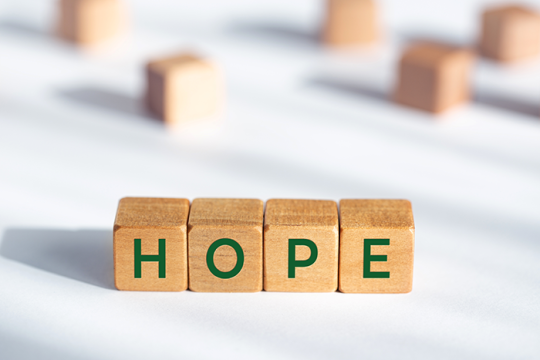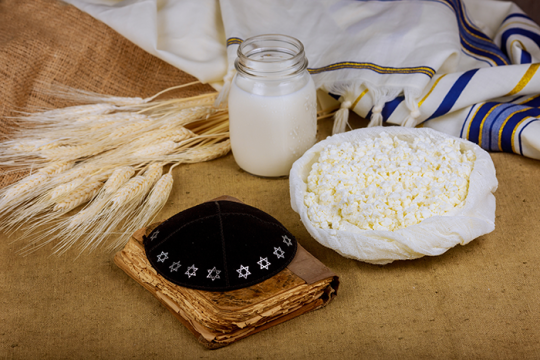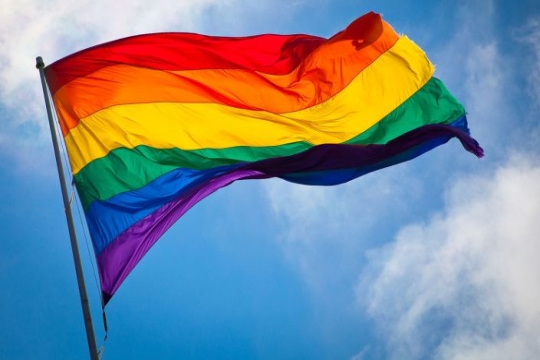
Amid a hectic 2020, I relocated from my home in the D.C. metropolitan area to chilly Rochester in upstate New York to attend school at the Rochester Institute of Technology. In Rochester, I am living among the largest Deaf and hard of hearing community in the U.S. and attending school with the country’s second largest student Deaf population. As I live and learn new things in my new community, I have been exposed to a different way that a community can be accessible and inclusive, one I have never truly accounted for in the past.
For my American Deaf Culture class, I read Beyond Culture: Deaf Studies and the Deaf Body, in which author Douglas C. Baynton writes:
“In recent decades [disability scholars] have advanced a social model that locates disability not in individual bodies but rather in social structures and practices that do not take account of normal human variation. Just as gender and race are not merely matters of bodily difference, so is disability not simply inherent in bodies but rather a way of interpreting human differences.”
To me, this means that disability is only possible because the physical world and social structures that we live in create an impairment or barrier for those who aren't stereotypically able-bodied to access education, employment, housing, and more; it's not so much that people are disabled, it's that our society has created a world that is not accessible and equitable for every individual.
Here at school and throughout Rochester, my community has taken huge strides in reducing these barriers and providing a model for other universities and cities. Accommodations are available for Deaf and hard of hearing folks that are not widely available across the U.S.: captionists and ASL interpreters are present in most of my classes; interpreters are hired for events even if there are no Deaf people present; many restaurant employees know how to sign; and any auditory communication is accompanied by captions. Importantly, accommodations for the Deaf and hard of hearing are not questioned or refused. More and more, these simple changes are becoming embedded into the society and structures of the community that make it what it is and has allowed the Deaf community to thrive to the benefit of everyone living in Rochester.
Living here has also made me realize how important it is to continue this work. I have seen the benefits of working to eliminate barriers for every member of the community, and while the Rochester I know has embraced the Deaf and hard of hearing community, this was not always the case, and there is certainly plenty of work to do to eliminate societal barriers for every person. The progress that has been made since the start of the disability rights movement has required decades of persistent advocacy by self-advocates and their allies to enact the Rehabilitation Act, the Individuals with Disabilities Education Act, the Americans with Disabilities Act, and legislation at the state and local levels.
Despite this progress, throughout the past year we have tragically seen the many ways our society fails people with disabilities because of barriers or disparate treatment in health care, policing, education, and food security. Jewish text and tradition are clear: Pirkei Avot 2:5 teaches, "Do not separate yourself from the community” – yet far too often, people with disabilities are shut out from living as full members of our society, and people in our community are suffering because of it. To address the disparities that people with disabilities continue to face, it will require self-advocates and allies alike to call for action, inclusion, and accessibility.
Jewish Disability Advocacy Month is an opportunity to participate in the work to achieve a more just world. On February 22, "The 2021 Disability Rights Policy Agenda" will bring together nonprofit and congressional leaders in the field of disability policy to discuss the state of disability rights policy. On February 23, I hope you’ll join me in a virtual sessions focusing on “Effective Advocacy for Inclusive Policy” and participate in day of action.
This is the time to make a change. It is on us to continue the work of eliminating barriers for all people and creating a society where every individual is included and valued.
Visit jewishtogether.org/jdam to sign up for virtual events throughout the month of February. Additional resources for disability rights advocacy and observing Jewish Disability Awareness and Inclusion Month can be found on the RAC’s disability rights issue page.
Related Posts

Finding Hope

Favorite Jewish Teachings from Leaders of Color


